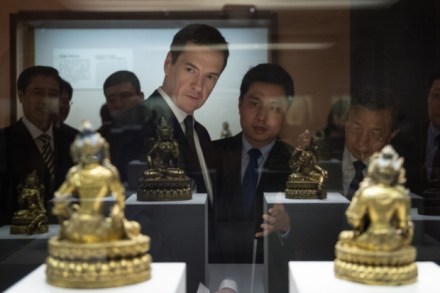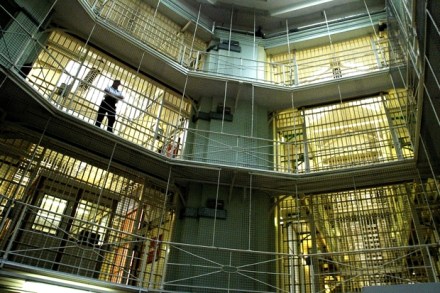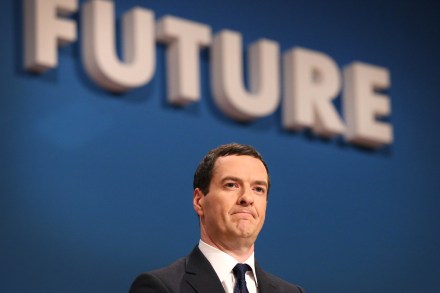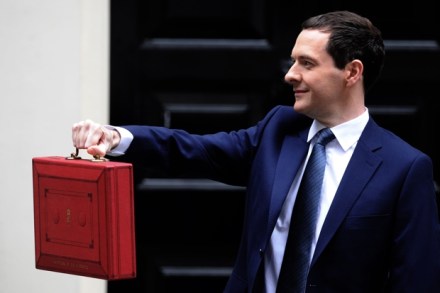George Osborne falls into his own welfare cap trap
The political flourishes in George Osborne’s spending review were impressive. But how is the Chancellor doing when it comes to meeting targets set during previous political performances? Today the Office for Budget responsibility said that the welfare cap, which the Chancellor announced in 2014 as a trap for Labour, would be breached in three successive years. The OBR document reads: ‘Our central forecast shows that the terms of the welfare cap are set to be breached in three successive years from 2016-17 to 2018-19, with the net effect of policy measures raising welfare cap spending in each of those years, and to well above the 2 per cent forecast margin



















